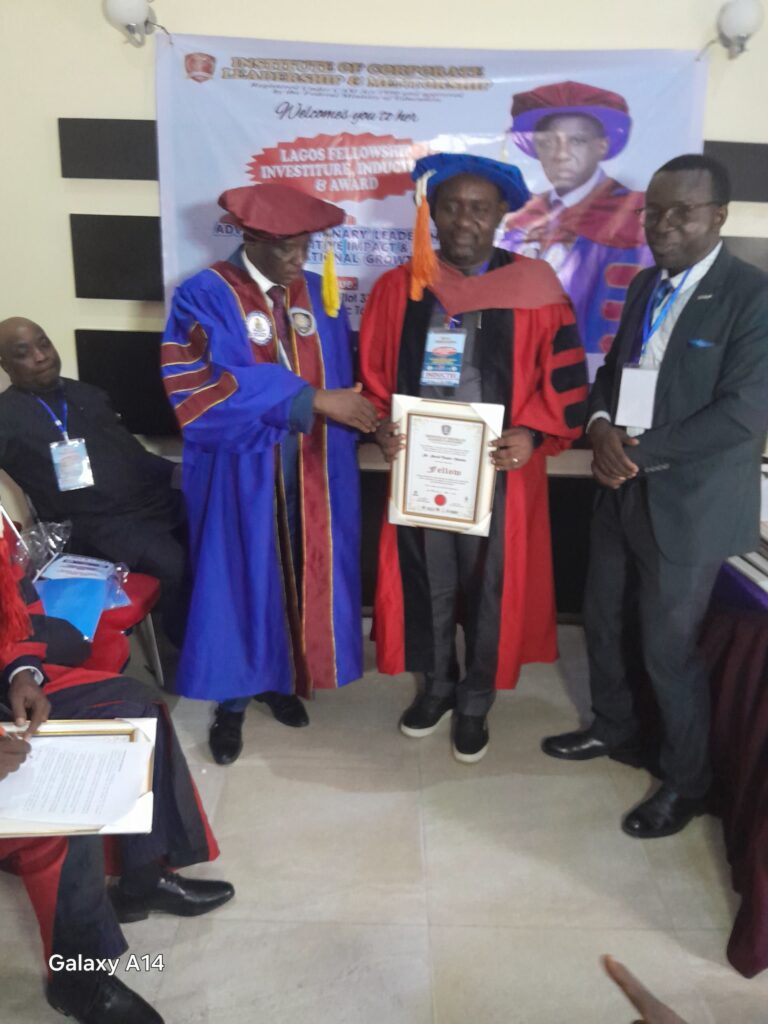
As Nigeria’s youth population grows, the minister and civil society leaders agree that bold action, not promises, is what the country’s young people need to stay, thrive, and lead.
At a youth dialogue hosted in Abuja on Tuesday, May 20, Nigeria’s Minister of Youth, Ayodele Olawande, made a compelling case for the swift establishment of a national youth development bank, promising that young Nigerians would soon access financing in a way that is “secure, inclusive, and impactful.”
Olawande, speaking at the roundtable organised by Connected Development (CODE), stressed the importance of building platforms where youths can ask critical questions about government policies and be assured of protection from exploitation.
“Even the investment fund we’re talking about, when we sit down, everyone brings their phone — it must be protected,” he said, hinting at digital inclusion and data privacy challenges. “The legal problem we’re facing has been solved. The President is an institution.”
The Minister also drew attention to issues beyond economics, stating that “Nigerian youth are the best in tech, entertainment, education, and agriculture — yet we’re still hungry.”
Speaking frankly about economic hardship, Olawande noted the irony of thriving creativity amid rising food prices, blaming overreliance on imports.
“Let’s use what we produce — that’s how the economy can grow,” he added, reiterating the administration’s commitment to supporting Nigerian-made goods and the Yoka manufacturing scheme.
New Path for Nigerian Talent
Backing these sentiments, Hamzat Lawal, CEO of CODE, challenged government and civil society to deepen support for youth-driven sectors such as tech, fashion, and film.
“Young Nigerians are pioneers, but systemic inequalities continue to stifle our potential,” Lawal said.
He urged the government to back a 100 billion naira youth fund, not solely with cash but also with policy support that attracts partners.
“Let’s build a basket fund. The JAPA syndrome is real because young people don’t see opportunity.”
Lawal outlined four key demands: harmonised state-level youth policies, regular youth-government dialogues, scaled-up youth financing, and engagement with faith-based youth leaders to promote inclusion across communities.
The dialogue began on a note of mutual respect as Lawal praised Olawande’s accessibility: “Just last week, I requested a visit and he fixed it instantly. Today, he arrived 15 minutes early.”
As Nigeria’s youth population grows, the minister and civil society leaders agree that bold action, not promises, is what the country’s young people need to stay, thrive, and lead.




